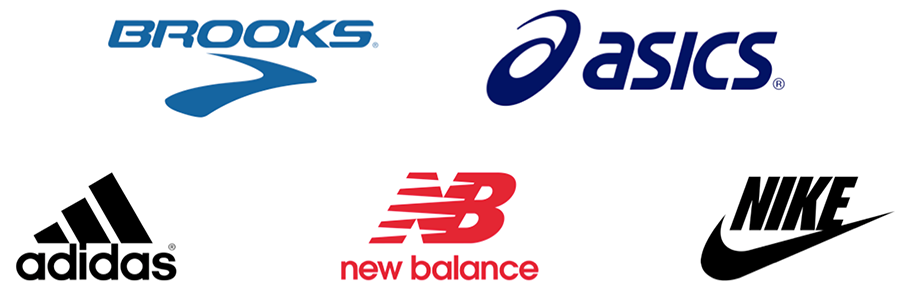Channel Signal recently measured the market conversation in the running footwear industry. Tracking five leading brands over 12 months, we collected, cleaned and analyzed 121,000 reviews through robust aggregation and analysis.

Statistics: Custom Orthotics in Running Shoes
 Our feet are as unique as a thumbprint, so why should our shoes be one-size-fits-all?
Our feet are as unique as a thumbprint, so why should our shoes be one-size-fits-all?
Runners certainly agree. Whether it’s due to blisters, bunions, pronations, plantar fasciitis, flat feet or high arches, custom orthotics or insoles are viewed as the answer. They can turn a one-size-fits-all shoe into one that feels like it was made for them.
Therefore, the insole that comes with a shoe should be able to be simply exchanged with a custom insert.
But as reviews indicate, this is not always the case. While over 77% of reviewers had positive things to say about orthotics, the overall report benchmark was 82.6%. This means that orthotics are actually a negative driver of running footwear as a whole.
At the most basic level, brands and manufacturers need to make sure their shoes work with custom inserts. Other opportunities such as partnering with custom orthotic companies also exist. Worst case scenario, as seen in an example below, is when the off-the-shelf insole is not removable whatsoever.
Within the data set mentioned above, product reviews mentioning Orthotics and Custom Inserts:
- 2% occurrence
- Estimated Impact 24,300 people[4]
- 77.2% positivity (report benchmark was 82.6% positive)
What Are Runners Saying to Other Runners? Custom Inserts & Orthotics: Examples
Get the Full Runner-to-Runner (Running Footwear) Report
Oops! We could not locate your form.
Questions? Email us at info@localhost.
Sources
[1] Retail Dive, Why researching online, shopping offline is the new norm, Sandy Skrovan, May 17, 2017
[2] Inc., 84 Percent of People Trust Online Reviews As Much As Friends. Here’s How to Manage What They See, Craig Bloem, July 31, 2017
[3] Estimated Impact: Because only 10% of people write reviews, we can estimate the number of products sold. If all things were equal with the 90% of people who didn’t write a review, the same percentage of people would have had the same issues. For example: 100 people purchase a product. 10 of them write a review. 2 of those complain about shoe laces. We can surmise that 20% of the 100 people felt the same about the shoe laces, making the estimated impact of the shoe lace issue 20.
[4] Retail Dive, How Shoppers Use Their Phones In Store Sandy Skrovan, June 6, 2017





